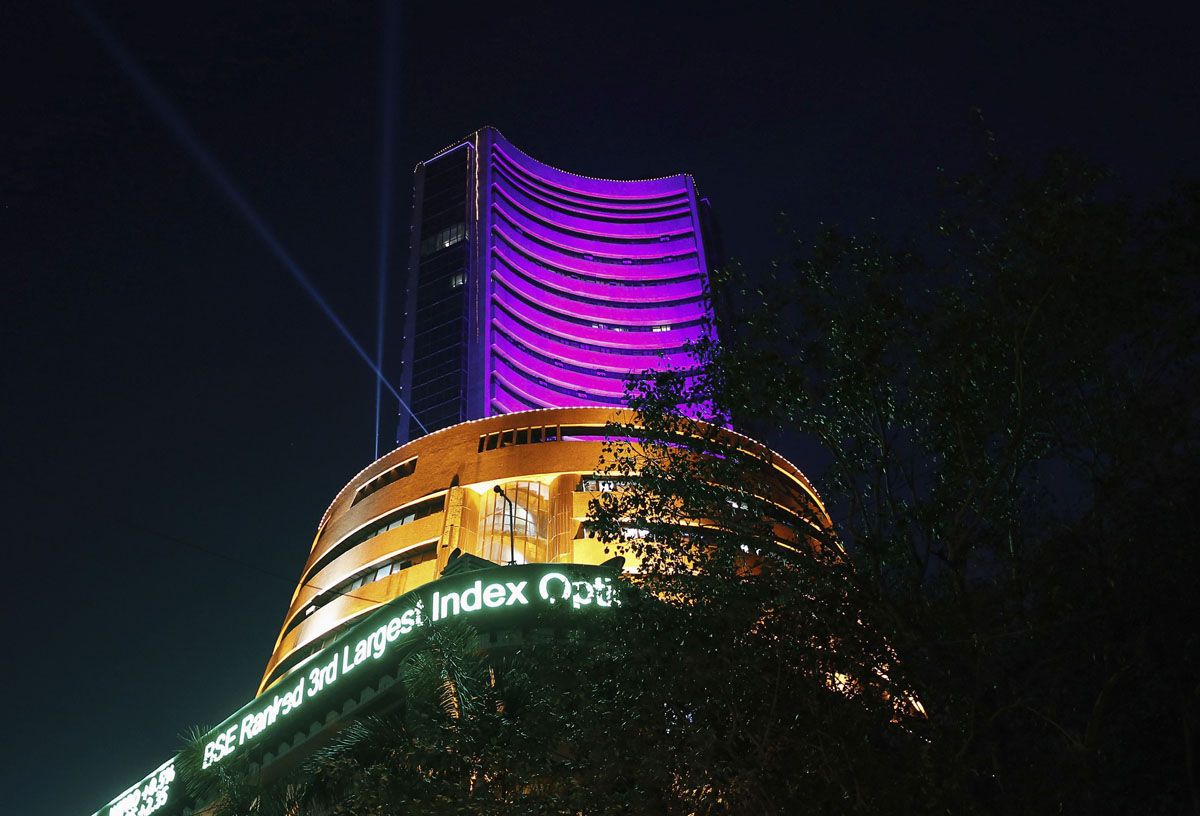The Indian stock market recently suffered a severe rout for the sixth week in seven weeks. The benchmarks, Sensex and Nifty 50, have cumulatively fallen by around 10% from its peak points hit in September of this year 2024. Consumption slowdown, disappointing corporate earnings, and persistent FII outflows are some of the contributing factors.

Major Factors Which Caused the Fall:
Outflows of Foreign Institutional Investors: The biggest reason behind the market's downfall has been the consistent outflow of foreign funds. FIIs withdrew about ₹94,000 crore in October, making it the worst month in terms of outflow in history. Now, even in November, FIIs have sold equities worth nearly ₹22,156 crore till date. Indian stocks have seen foreign portfolio investments at a 12-year low, which means investor sentiment is a drastic shift.
Weak Corporate Earnings: The latest round of quarterly earnings reports was quite disheartening for investors. Many companies have witnessed downgrades to their earnings estimates. As per reports, 66% of the companies being tracked are under cuts in the EPS forecasts for FY25, thus dashing market confidence further. Such performances have also triggered a wider correction phase in the market.
High Inflation Rate: Food inflation continued to dominate retail inflation, which rose to a 14-month high of 6.21 per cent in October. It is taken as a bad sign because high inflation means that consumers may face an erosion of their spending power. This might keep the RBI from taking interest rate decisions for a while, at least in the short run. It will, therefore, also delay cuts in interest rates, one of the tools which could be used to revitalize markets.

Market Review
The BSE Sensex had closed at 77,580.3 as of late last week, meaning a drop of 0.14%. NSE Nifty, which had closed at 23,532.7, was reported to be closing below the 200-day moving average for the first time since April 2023. Mostly small-cap and mid-cap stocks have suffered considerable drops in their weekly performances.
Analyst Insights for Trend Predictions:
Market experts say though this correction brings out some problems, it could also bring some opportunities to investors. "There's enough liquidity with the domestic investors who can regain the lost ground in case of a rebound," said Dr. V K Vijayakumar from Geojit Financial Services while highlighting that despite the negative emotion engulfing the current sentiment, a rebound is possible. Experts suggest that long-term investment strategy rather than making impulsive decisions based on short-term market movements.
Investment During Corrective Period
With all the current market fluctuations, experts advise the following strategies to investors:
- Algorithmic Trading: The process will enable investors to react to changes in the market and to minimize risks.
- Hedging Strategies: Investors can achieve protection against market upswings of losses using options and futures contracts.
- Long-term Mindset: Investors should focus on using market downswings as an opportunity to resound their portfolio even more that has a prospect of growth in mid-cap and large-cap sectors.

End Note
The Sensex and Nifty recent downwards movement reflects both an interplay of one's external economic factors and internal market dynamics. Corrections are not easy to navigate, but they offer avenues of strategic investments aimed at long-term growth. The present correction phase in the Indian Stock Market reminds one of general volatility in the world of equity investing. While the initial reactions are pessimistic due to outflows from abroad and poor profits, a wise investor will seize such an opportunity as a chance to enter for long-term gains.
Inputs by Agencies
Image Source: Multiple Agencies
Ⓒ Copyright 2024. All Rights Reserved Powered by Vygr Media.























